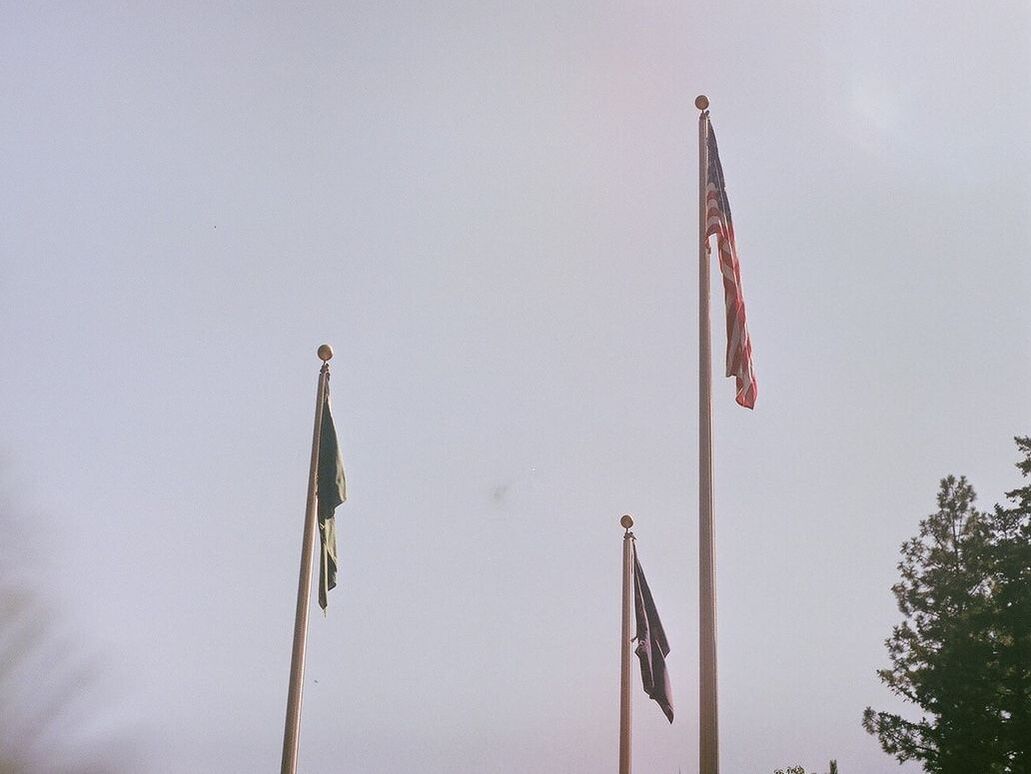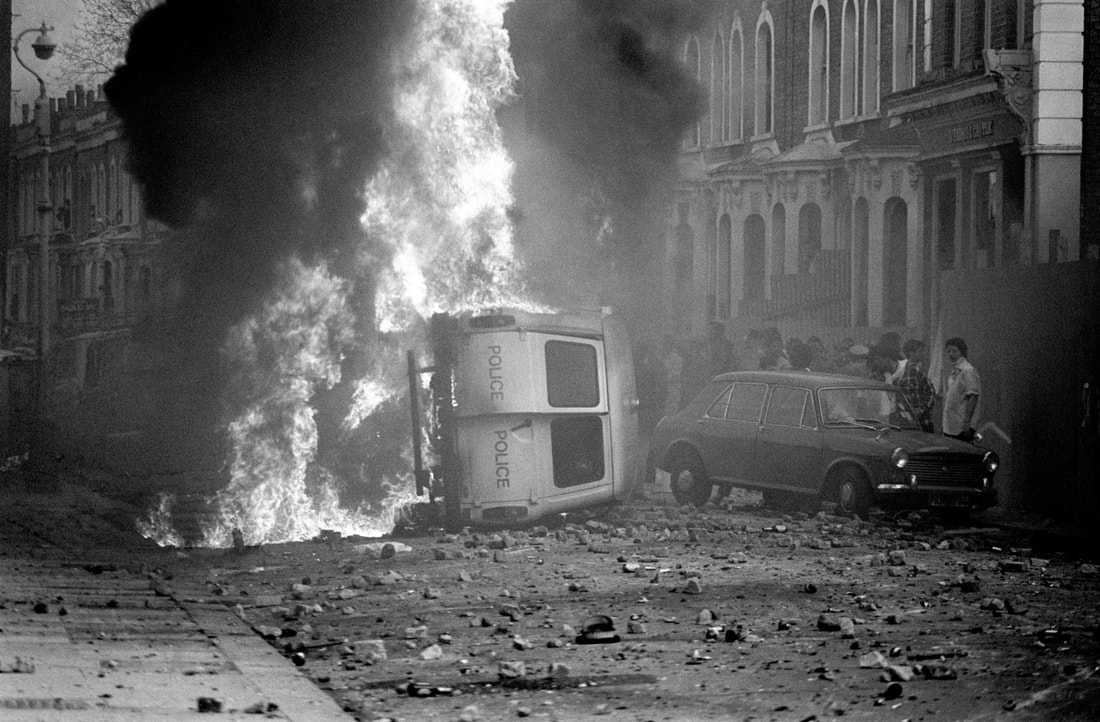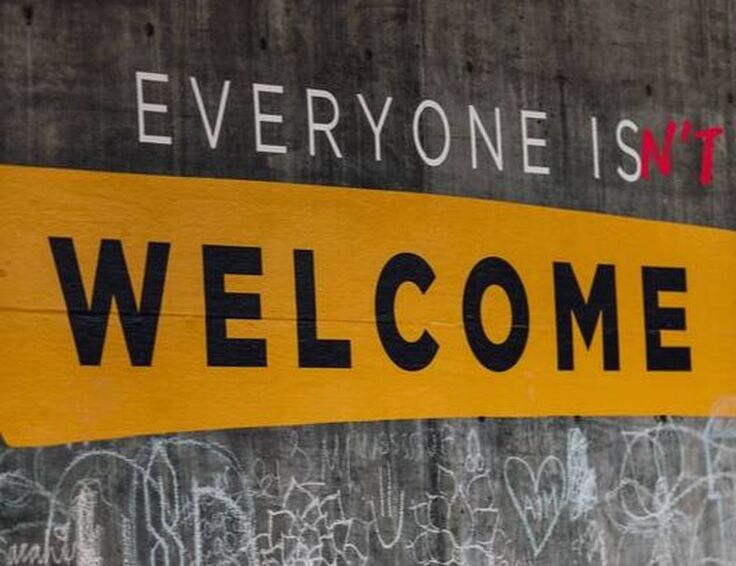|
|
|
Media coverage of recent police killings of Black citizens, including George Floyd and Breonna Taylor, and the related Black Lives Matter protests, have reignited a long-smouldering national conversation about race in America. These acts of police violence are part of a centuries-long pattern of institutional and systemic state violence against brown, Black and Indigenous people in America.
The killings and protests have prompted responses at both organisational and individual levels. Indeed, national organisations that contribute to the (re)production of bucolic white racial identities are facing a reckoning because of a growing awareness of the ways they contribute to making this violence possible and invisible to many white Americans. For example, this year the Boy Scouts of America formally supported Black Lives Matter, instituted a new diversity and inclusion merit badge, and acknowledged, ‘We have not been as brave as we should have been because, as Scouts, we must always stand for what is right and take action...’[1] Individually, many white Americans, who may have never thought critically about their racialised identity or privilege, are working to better understand their own identities and the institutions that make up their social landscapes. Yet even as racist state violence and resistance to it are made visually manifest in the media, many white Americans are still responding with surprise, shock and outrage because they live racially privileged lives free from such state terrorism, and are able to ignore the many manifestations of ongoing systemic racism.
0 Comments
In the late 1970s, Hasan Khater was the first inhabitant of the Jawlan (Golan Heights), a Syrian land occupied by Israel since 1967, to cross the militarised border and travel to Damascus to study fine arts. Despite his ambition to become a sculptor, Khater was forced to train as a painter, as Israeli security restrictions did not permit him to cross the border with hard materials. Today, despite the ongoing occupation, Khater’s sculptures couch main squares and public spaces in the remaining Syrian villages of the Jawlān, commemorating five decades of relentless political resistance of the native population.
The Jawlan today is home to around 20,000 people, most of them Druze by religion, who live on a land that is dominated by almost equal number of Jewish-Israeli settlers. However, not long ago, this land and its Druze inhabitants were simply Syrian. They were part of a larger Syrian Jawlani community that counted more than 150,000 people of diverse religious and ethnic backgrounds, including Sunnis, Kurds, Armenians and Alawites, among others. Soon after the Israeli occupation, the Jawlan transformed into a borderland; it was cut off from its Syrian continuity, and re-oriented to face Israel. The Jawlani community offers an important perspective on anticolonial world-making, particularly because of its stubborn refusal of colonial integration and its rejection of repeated impositions of Israeli citizenship. However, refusal is not enough to reconstruct a creative sense of liberated being. For this to happen, self-realisation of a capable independent existence is essential to disengagement from colonial mental violence. Many local artists in the Jawlan have been the main social force in creatively imagining new horizons of freedom. This research project began in the summer of 2018, as an attempt to examine not simply how art reflects reality, but how it transforms it.
This article is based on a seminar on ‘Nationalist Populism and Postcolonial Responses’ with Sivamohan Valluvan chaired by Gurminder Bhambra at the BSA Postcolonial and Decolonial Transformations Study Group that took place on 18 February 2021.
Dominant multidisciplinary discursive frameworks, at this historical conjuncture, are structured by postcolonial common sense modes of thought that have been sculpted out of colonial and postcolonial nationalisms. Postcolonial common sense can be defined by a ‘grid of intelligibility’ (Macey 1978, 365) composed of ideas of separate communities with specific histories and cultural trajectories, distinct diasporas and regions, universal, transhistorical ethnic and religious categories and different forms of racism (Mamdani 2012; Stoler 2008). Academic narratives that reproduce postcolonial common sense do not demand explanation. They are not uncontested but they are understood by all. This can be illuminated by the need to carefully explain and defend interpretations which do not utilise common sense concepts and the taxonomies that they lead to.
As socially committed and Spain-based researchers, we have long been amazed by the rhetorical power of the integration discourse (in this case, immigrant integration). This discourse has charmed and brought together people with different political orientations, even seducing numerous activists who usually adopt radically critical stances towards existing social oppressions (for example, capitalism).
However, such criticism does not frequently focus on integration. On the contrary, integration measures are often thought of as useful 'recipes' against racism, or even as its opposite. Hence, the 'benign' concepts associated to integration such as 'diversity', 'participation', 'active citizenship', 'interculturality', etc. have been often uncritically appropriated by non-governmental organisations (NGOs) and leftist movements, with allegedly inclusive or even anti-racist aims. The aim of our Identities article, ‘Elective affinities between racism and immigrant integration policies: a dialogue between two studies carried out across the European Union and Spain’, is to deconstruct such optimistic rhetoric, showing that racism and integration are closely embedded, and thus questioning the transformative potential of integration policies. With this aim, we have put into dialogue our PhD research pieces (one is complete, the other is being finalised), which respectively focus on the 'soft law' European Union framework for the integration of third-country nationals and Spanish/Andalusian immigrant integration policies. |
|
Explore Identities at tandfonline.com/GIDE |
|
The views and opinions expressed on The Identities Blog are solely those of the original blog post authors, and not of the journal, Taylor & Francis Group or the University of Glasgow.




